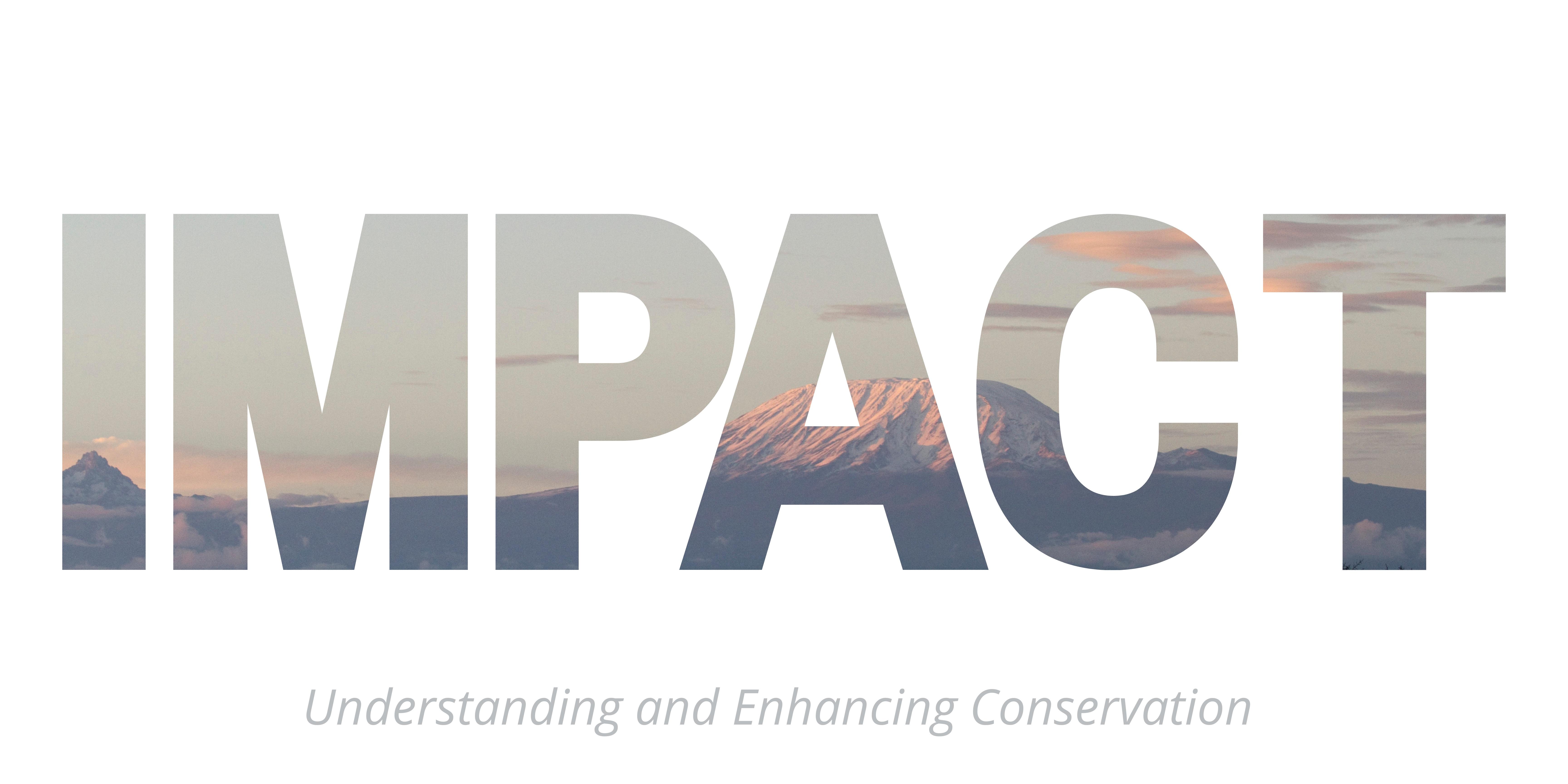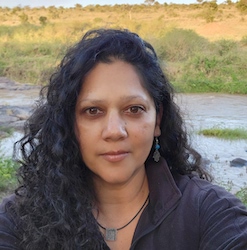
Project overview
Using participatory approaches, this project plans to deepen the understanding of conservation impacts and co-create a more impactful and effective framework for doing conservation that accelerates conservation impacts. The team aims to strengthen conservation actions by beginning the conservation impact assessments at the donor level and facilitating impacts throughout conservation initiatives to have increased focus on outcomes and thoughtful consideration of assumptions and unintended consequences that can inhibit conservation in the long term.
Project aims
This project aims to mainstream impact-based conservation by developing a new approach to understanding effectiveness. This will increase conservation impacts on the ground by addressing the key barriers to practitioner-led and donor-funded impact evaluations. They will achieve this by working with pilot teams of donors and practitioners and offering expertise, space, and capacity to design, monitor, and report on these crucial impact frameworks. The project team will work with donors and practitioners to understand their conservation work and help them make more informed decisions that result in increased conservation impacts and return on the donor’s (financial) and the practitioner’s (emotional, social, temporal, etc.) investments using our impact framework.
Key activities
- Confirm identified donors to work with and review their portfolio, jointly develop or refine a portfolio theory of change for identified donors through desktop reviews and workshops, assess their portfolio within the Impact Framework, and identify projects to focus on
- Work with 2-3 identified projects within the portfolio to develop/refine their theory of change, evaluate their conservation actions and current impact, and develop simple dashboards for future assessments
- Share lessons learned with funders and grantees as well as in conferences, publications, and other forms of media
Expected conservation impact
The expected impact is a sea-change in the way conservation projects are funded, leading to higher impact-based conservation efforts sustained on the ground. Project success will be clear if the donors and practitioners that they work with adopt the tool and help us reach out to other donors and conservationists, acting as ambassadors and helping diffuse the idea of impact based conservation. They will measure progress using their own framework and tools focusing on diffusion of the impact framework within the donor organisations, further to this work, the project aims to cement buy-in and capacity built within the conservation organisations
Expected outputs
- Baseline of donor current practice in understanding portfolio impact, conservation practitioners impact evaluation process
- Desktop review of impact processes at donors and practitioner levels
- Clear impact frameworks for specified donors and practitioners, including metrics dashboards
- Donor level Portfolio Impact Framework tool
- Modified Practitioner level Impact Framework tool
- Lessons Learned Documented
- At least one publication in appropriate journal(s), at least three presentations to key donor networks (e.g., Funds for NGOs, Wildlife Conservation Network, Lion Recovery fund), and one or two talks at appropriate conferences (OGRC Research conference, Africa Protected Area Congress etc.)
Project team profiles
|
Salisha Chandra (2019-20) Strategic Initiatives Coordinator, Maliasili Born and raised in Kenya, Salisha has always been passionate about cultural and ecological conservation. She left her corporate career in late 2012 to delve into environmental work, focused on using her entrepreneurial mindset and experience to conserve wildlife. To date, Salisha has led the coordination of an Africa-wide strategy to protect vultures, been a part of a leadership team of an organisation at the forefront of lion conservation and co-founded a grassroots conservation movement in Kenya. She likes to think of herself as a rebel with too many causes - activist, conservationist, and adventurer, dedicated to finding sustainable and novel solutions in community-led conservation. She is also a member of the African Conservation Leadership Network (ACLN) and a Kinship Fellow with an MBA from London Business School. Her areas of interest include human-wildlife coexistence, sustainability of community efforts and impact measurement. |
External contributors
| Stephanie Dolrenry | Director and co-founder of Lion Guardians |
| Megan Jones | Assistant Professor and Assistant Unit Leader, USGS Oregon Coop Unit, Oregon State University |

